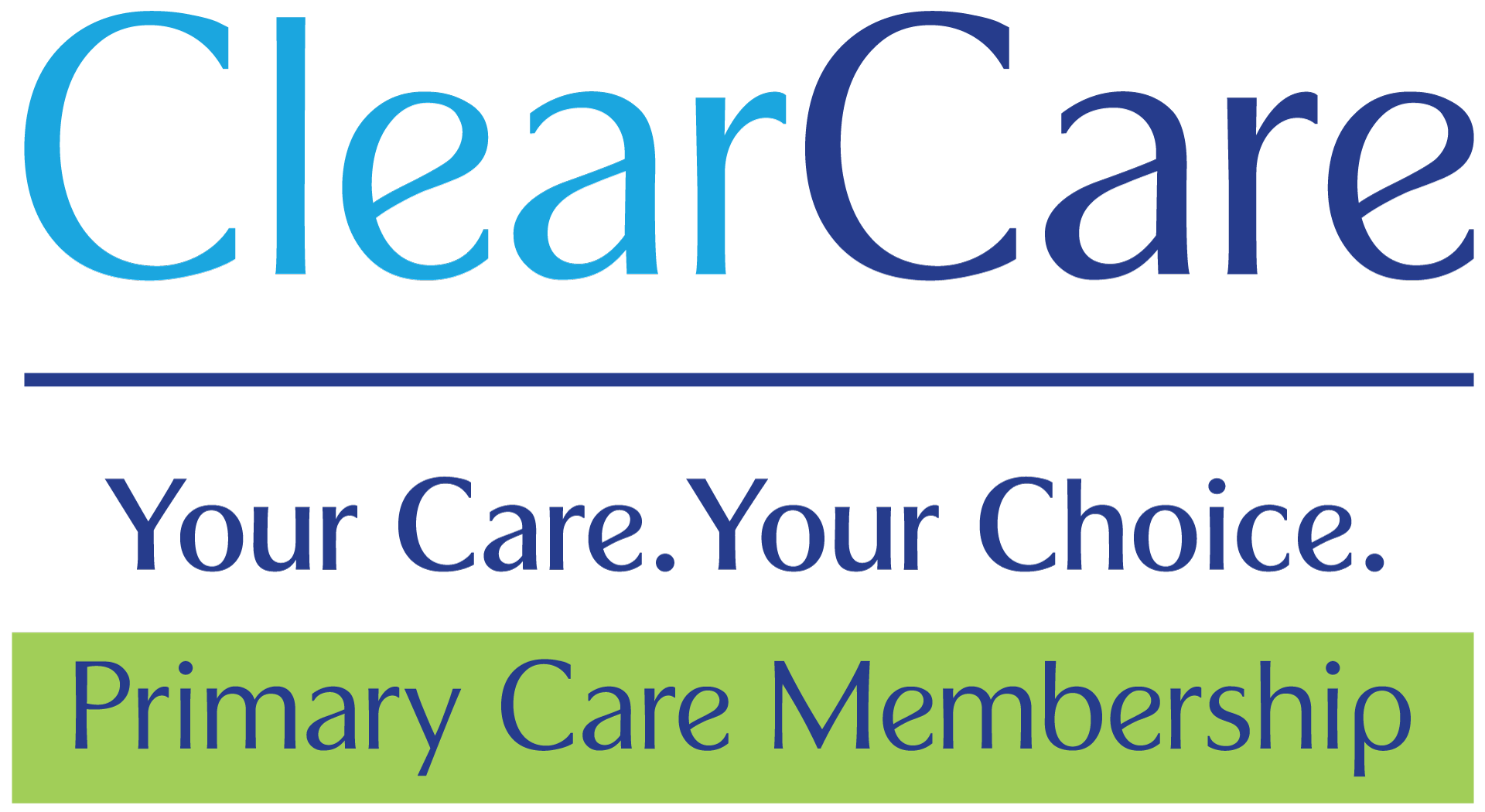
Effective Weight Management: How Your Primary Care Physician Can Support Your Journey
Weight management can be challenging, but your primary care physician (PCP) can be an invaluable partner on this journey. A PCP can provide personalized guidance, medical expertise, and ongoing support to help you achieve and maintain a healthy weight. Here’s how your primary care physician can assist you in managing your weight effectively:
✔️ Personalized Health Assessments
One of the first steps your PCP will take is to conduct a thorough health assessment. This includes evaluating your medical history, current health conditions, and any medications you are taking. Understanding your overall health is crucial for creating a safe and effective weight management plan. Your PCP can identify any health issues, like thyroid problems or hormonal imbalances, that might affect your ability to lose weight.
✔️ Setting Realistic Goals
Aiming for realistic and achievable weight loss goals is important for long-term success. Your PCP can help you establish these goals based on your health needs and lifestyle. They can guide you on how much weight you should aim to lose and the timeframe in which to do it. Realistic goals help you stay motivated throughout your weight loss journey.
✔️ Nutritional Guidance
A balanced diet is vital for managing weight. Your PCP can give you personalized nutritional advice, like cutting sugar, adding fiber, or eating more fruits and vegetables. They may also refer you to a dietitian for detailed meal planning and support.
✔️ Exercise Recommendations
Physical activity is another critical aspect of weight management. Your PCP can recommend exercise routines based on your fitness level and health conditions, including aerobic exercises, strength training, and flexibility exercises. If you have physical limitations, they can help you find safe and effective ways to stay active.
✔️ Behavioral and Psychological Support
Weight management isn’t just about diet and exercise but also addresses behavioral and psychological factors. Your PCP can identify emotional or psychological barriers to weight loss, like stress or emotional eating, and may recommend therapy or counseling to help you develop healthier habits and coping strategies.
✔️ Monitoring Progress
Regular check-ups with your PCP are essential for monitoring your progress. During these visits, your PCP can track your weight, review your diet and exercise routines, and make any necessary adjustments to your plan. Consistent monitoring helps ensure you are on the right track and allows for timely interventions if needed.
✔️ Medication and Medical Interventions
Sometimes, more than diet and exercise is needed to achieve your weight loss goals. If appropriate, your PCP can discuss the possibility of weight loss medications or other medical interventions, such as bariatric surgery. These options are typically considered for individuals with significant weight-related health issues or when other methods have not been successful.
✔️ Encouragement and Motivation
Finally, your PCP can provide ongoing encouragement and motivation. Knowing that you have a medical professional who supports your efforts and believes in your success can be incredibly motivating. Your PCP can celebrate your achievements with you and help you stay focused on your long-term health goals.
Effective weight management benefits significantly from the support of a primary care physician. By working with your PCP, you can receive personalized care, set realistic goals, and access the resources needed to achieve a healthier weight. Your PCP will support you through challenges and celebrate your successes.
At ClearMedica, we provide guidance, support, and resources for effective weight management and overall wellness. Ready to take the next step towards a healthier you? Contact us today to schedule an appointment with one of our dedicated primary care physicians. Let us help you on your journey to a healthier, happier life.
Leave a reply

